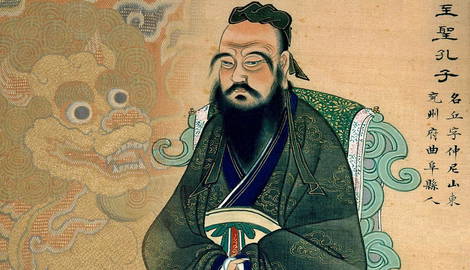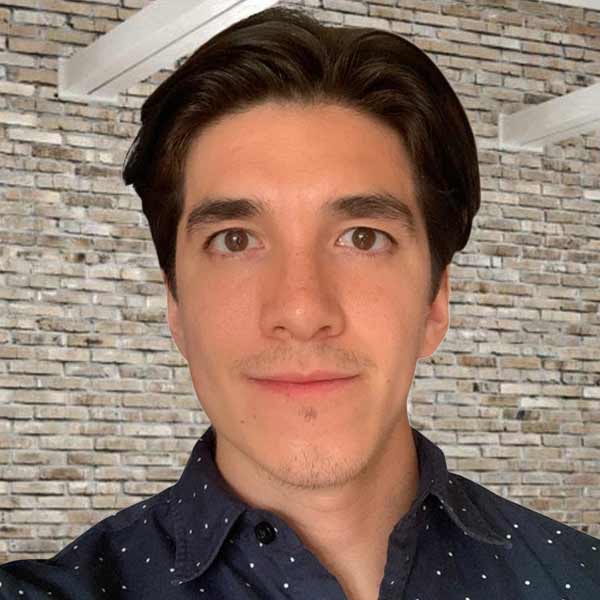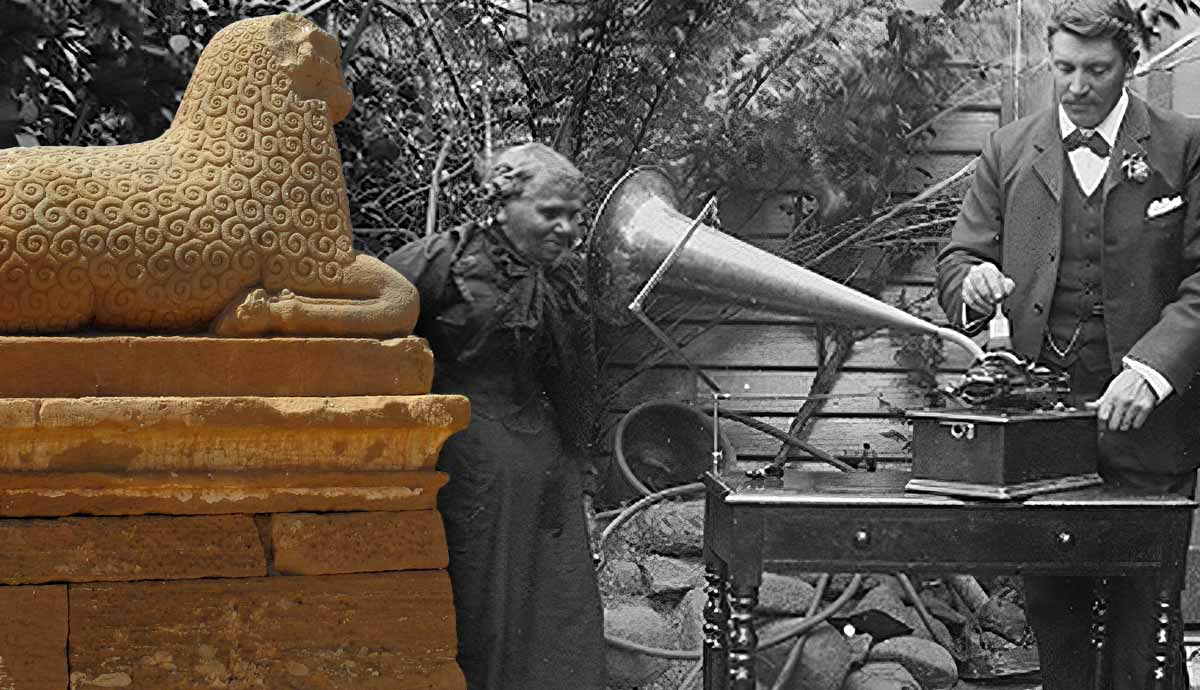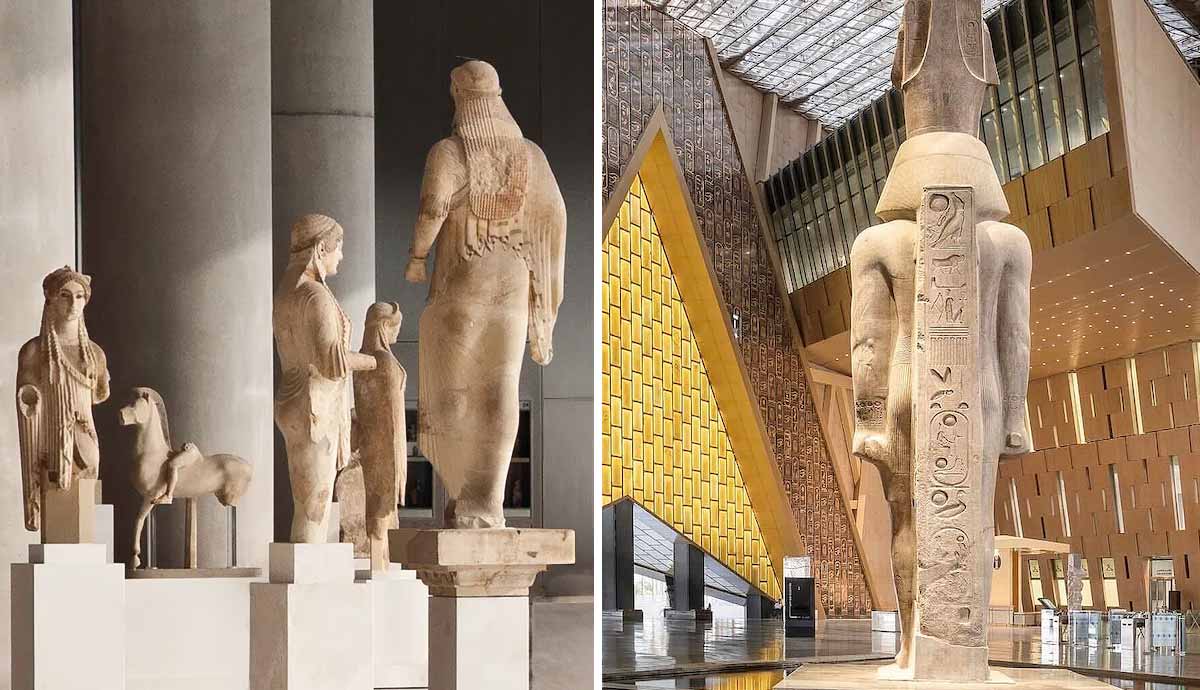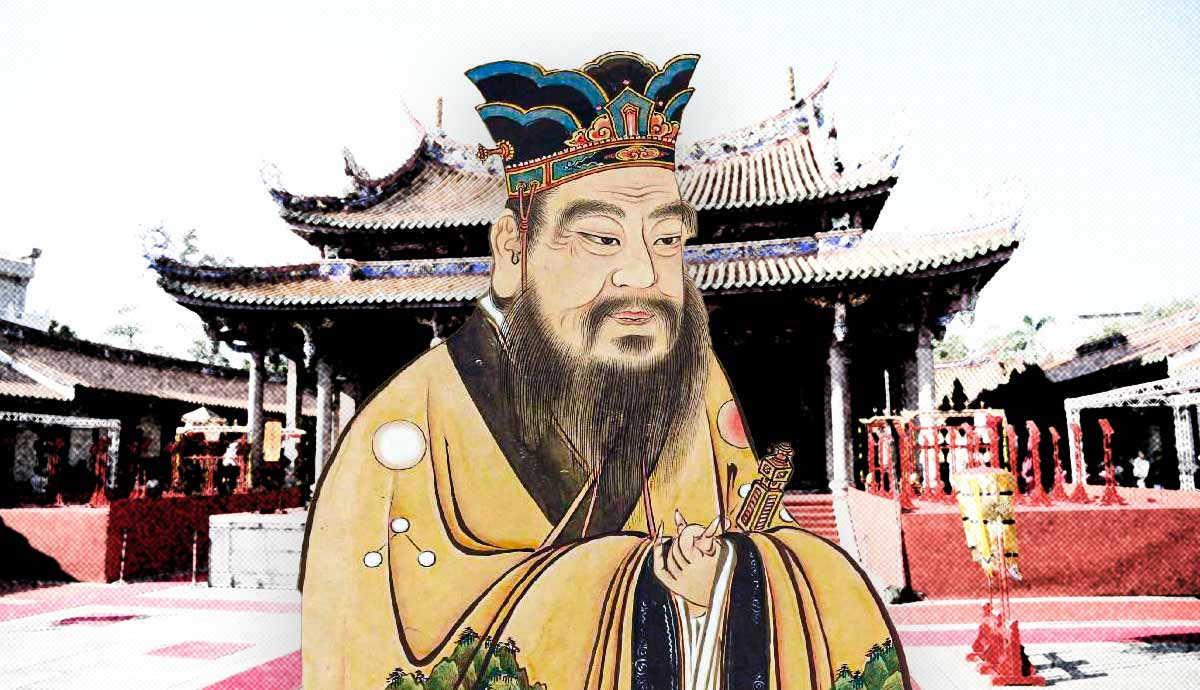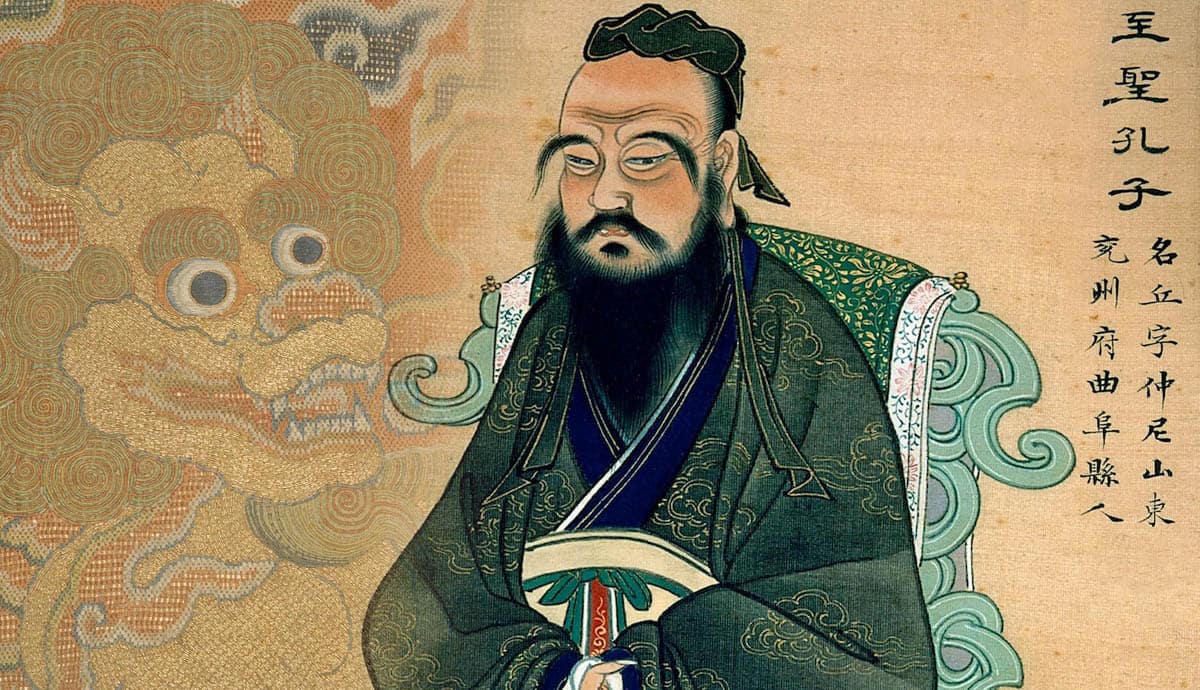
When we think of family, there’s a wide array of possibilities. Needless to say, there are great families, not-so-great families, and terrible ones. However, there is a common conception of family values enticing responsibility, empathy, perseverance, honesty, and of course, customs and traditions, the ultimate nightmare or joy depending on personal experience. Confucius was adamant in preserving these values. He was a man of gigantic aspirations; nonetheless, he thought it was impossible, irresponsible, and even dumb, trying to generate great change from the outside. It all had to come from the closest circle possible. And that was most of the time, the self and the family.
Confucius: A Harsh Upbringing

Although not much is known about the era of Confucius, it’s rumored he lived around 551 in China and was a disciple of Lao Tze , the mastermind behind the Tao Te Ching and the Yin and Yang philosophy. He lived in an era where states fought endlessly for the supremacy of the fittest, and rulers were assassinated frequently, even by their own families. He was born to a noble family but raised in poverty due to his father’s untimely death at a very young age.
Thus, he had to take care of his single mother and disabled brother from a very young age. He worked many jobs, including mornings at a granary and evenings as an accountant. His harsh childhood gave him sympathy for the poor, as he saw himself as one of them.
Confucius was able to study thanks to the help of a wealthy friend, and he decided to enroll in royal archives. These were basically history books before anybody compiled them into organized volumes. Nobody really cared about them. In the eyes of many, they were only old relics. Where everybody saw daunting and useless text, Confucius felt illuminated and marveled. It was here that he became infatuated with the past. He forged his first ideologies about how a person could only become their best through rituals, literature, and history.
The First Peek at Society

After finishing his studies, he served as Minister of Crime in his hometown Lu. He was an advisor to the ruler, known as Duke. One day, Duke received a lot of presents, mainly luxurious ones. It is said he received 84 horses and 124 women. Duke spent all day with them, riding through the town with his horses and laying in bed with the women. Thus, he left ruling and all the other towns’ needs unattended. Confucius did not find this attractive; he felt disgusted and therefore departed. From state to state Confucius traveled. He had the hope of trying to find a ruler to serve while staying true to his principles.
Whenever he presented himself to the rulers, he tried to dissuade them from harsh punishments and said that leaders didn’t need authority to create a following, the people would naturally follow with good examples. The rulers thought otherwise. After years of traveling, he never found a leader to serve. He returned to his hometown to preach his knowledge and teach others to do as he thought wise.
Although he did not mean to establish schools of teaching, he saw himself as a means to bring back the old dynasty’s values, which many people thought to be bankrupt or absent.
Confucian Teachings
Confucius, much like Socrates, never wrote anything. His followers collected all his teachings in an anthology series called the Analects. In this series, he talked about how self-cultivation was the key to changing society.

The Golden Rule
“Do not do unto others what you don’t want to be done to yourself.”
This is, without a doubt, Confucius’s most known philosophy. Not only is this sentiment famous on its own, but Christianity itself has it spelled differently in the Bible: “Love thy neighbor as thyself.”
The rule provides guidance on how to act and treat other people. It explains itself, and it’s easy to understand. Thus, it’s named the golden rule.
Ritual Propriety
Confucius was very fond of what traditions and ceremonies meant to people. He believed this helped to put values and feet on the ground, letting people clearly understand the importance of knowing where to steer towards and away from.
The term ritual derives from actions aside from typical religious ceremonies and includes actions performed in social interactions, like courtesies or accepted patterns of behavior. It was of his belief that a civilized society depended on these rituals to have a social order that was stable, united, and enduring .
Confucius did not believe in the type of ritual that sacrifices for gods, religious figures, or even ideological ones. He believed in habits, customs, and traditions. These rituals help cement social interactions and personalities. They rid people of their existing patterns and make them adopt new ones.

Rituals have to break existing patterns but don’t need to be epic tasks. They can be as simple as asking the cashier how their day was or taking a walk with the dog. As long as the ritual breaks patterns and makes the people change, they are worth investing in.
These rituals can be personal, like an exercise routine, or communal, like a celebration or a birthday party. This not only helps cement feelings of solidarity but changes the people that are involved in them. “Fake it til you make it” is basically the evolution of Confucianism teachings. We have to override our emotions towards certain people or attitudes to become not only involved in rituals but also selfless.
Filial Piety
Confucius was absolutely righteous towards the importance of parents. Their children should always look after them and treat them with the utmost respect and reverence. They should obey their parents when they are young, care for them when they are old, mourn them when they are gone, and make sacrifices when they’re no longer with them.
Nobody should go away from them while they are alive, and they should even do immoral things to cover for them. They are everybody’s most precious relationship. And morality is defined by what we do for them, not for us.
If people have to deceive or kill to protect their parents, it is a righteous and moral action to commit. People can be judged morally by their actions toward their parents. Filial piety also implies the parent’s obligation to love and educate the child. It also refers to the primacy of this familial bond in personal and social life.

The Great Learning
Confucius didn’t believe in an egalitarian society. He famously said, “let the ruler be a ruler, the subject a subject, the father a father, and the son a son.”
He was convinced outstanding people were deserving of obedience, appreciation, and humble service. If people recognize those whose experience and knowledge outweigh their own, society has better chances of prospering.
To get along in a healthy society, people have to understand their role and conform to it, whichever it may be. If one is a janitor, they shouldn’t be busy with politics, while if one were a politician, cleaning shouldn’t be a part of their chores. The relation between superior and inferior is like the one between the wind and the grass. The grass must bend when the wind blows across it. This is not meant as a sign of weakness but as a sign of respect.
Creativity
Confucius was more a person of hard work than instant luck or genius. He believed in communal knowledge that spans through generations and has to be cultivated, not just sprouted out of nowhere. He had much more respect for elders, just for the experience cultivated.
Is Confucianism a Religion?

There is a debate about whether Confucianism is a religion or just a philosophy, with many conclusions settling for the second assessment. There have also been a lot of comparisons between Confucianism and Taoism. Although they are both eastern teachings, they are entirely different in their approach.
The Dao believes that the state of nature, the untouched, and the flow are supposed to guide the human experience. They encourage not to enforce any attitude that feels it takes effort. Everything should be easy and thus guide everyone to a better path. Confucianism, on the contrary, asks us to accept the human form and require hard work and effort to achieve self-cultivation. It’s all about discipline and doing the right thing, not what nature throws in your way.
Confucius’ Legacy

Emperor Wu of the Han Dynasty was the first to embrace Confucianism as an ideology that spread among the highest rankings. The imperial state promoted its values to keep a status quo where law and order permeated in society. Imperial families and other notable figures later sponsored morality books that taught Confucian values like loyalty, respect for the elders, and the utmost appreciation for parents.
The Modern world is everything but Confucian. Irreverent, egalitarian, informal, and ever-changing. We are always at risk of becoming thoughtless and impulsive and never afraid to stick our foot where it is not asked for. Among the few who teach Confucian values is Dr. Jordan Peterson, who teaches that if anybody wants to create change outside, they must clean their room first. In other words, before adventuring into other people’s troubles, take care of your own.

This sentiment was echoed by Confucius when he stated that entire nations could not be changed by gigantic actions. If there was to be peace, peace was needed first in each state. If a state wants peace, each neighborhood has to have peace. And so on, until the individual.
Thus, perhaps if we consistently and wholeheartedly realized our potential to be the very best friend, parent, son, or daughter humanly possible, we would establish a level of caring, of moral excellence, that would approach the utopian. This is Confucian transcendence: to take the actions of everyday life seriously as an arena of moral and spiritual fulfillment.
